Health
An Ultimate Guide To Identifying, Treating, And Preventing Chigger Bites!
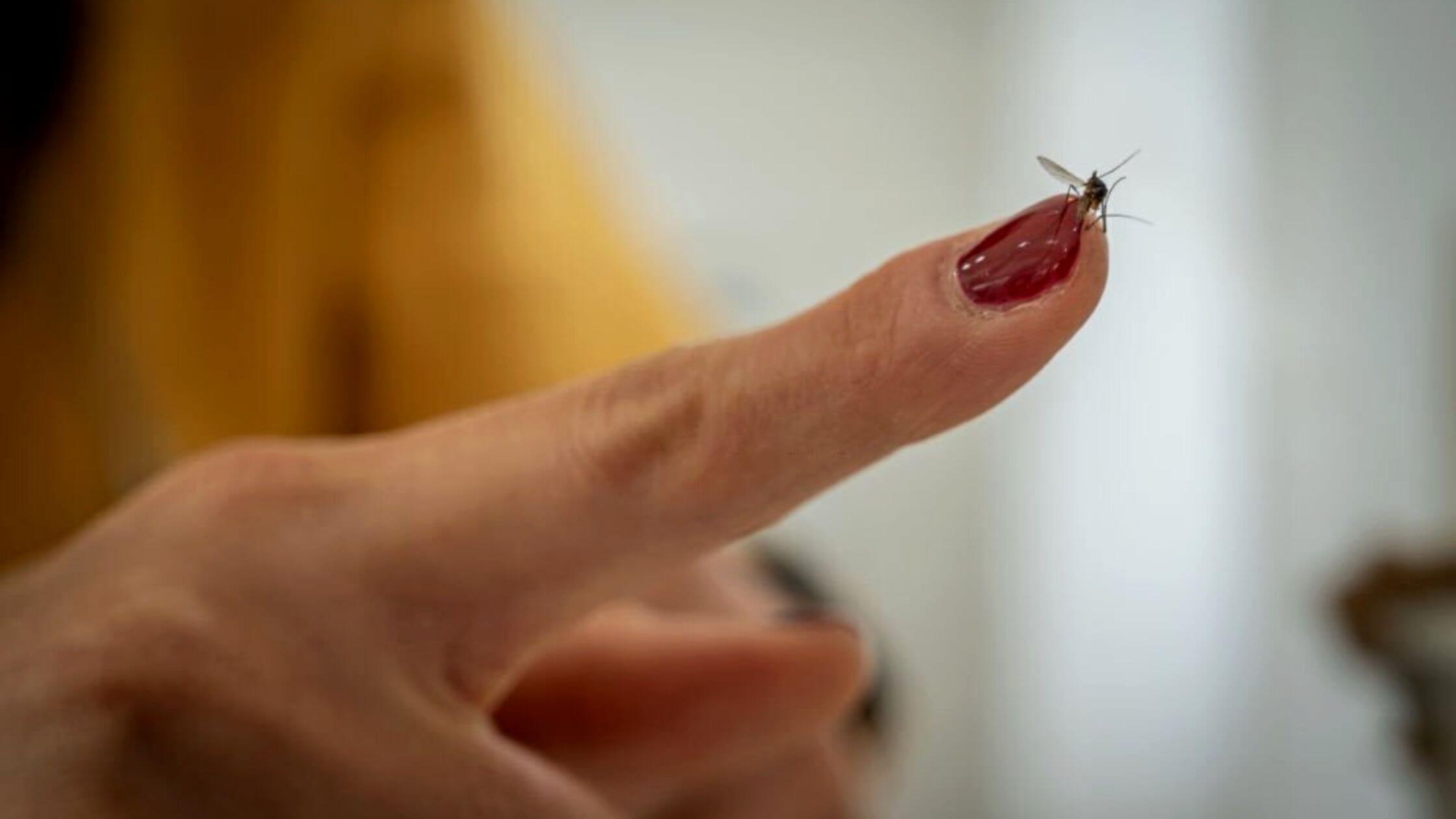
Have you ever suffered from chigger bites? Those tiny mites called chiggers may bite when you are on a morning walk in the nearby park. Or maybe when you are busy doing gardening work. Sometimes the itchy rash is so small that it is not even visible.
However, do you know that a chigger bite on your penis can cause swelling and itching? You may also experience trouble while peeing. In some cases, it lasts only for a few days whereas, in others, it may go up to weeks. Before getting into the treatment and preventive measures, first, let’s try to understand what chiggers are and how they cause trouble to you.
What Are Chiggers?
Belonging to the Trombiculidae family, chiggers are very tiny and it is almost impossible to view them with your naked eye. These tiny mites live outdoors, generally on grassy or wooded surfaces near water. Measuring just 1/50th of an inch in size, you need a magnifying glass to find out chiggers.
Thus, you can view them with the naked eye only when they go in groups. Red in color, chiggers look like tiny spiders and they tend to form groups on a human being’s skin. Chiggers are found everywhere across the world and you cannot escape these pests. In fact, it is not the adult chiggers that bite human beings.
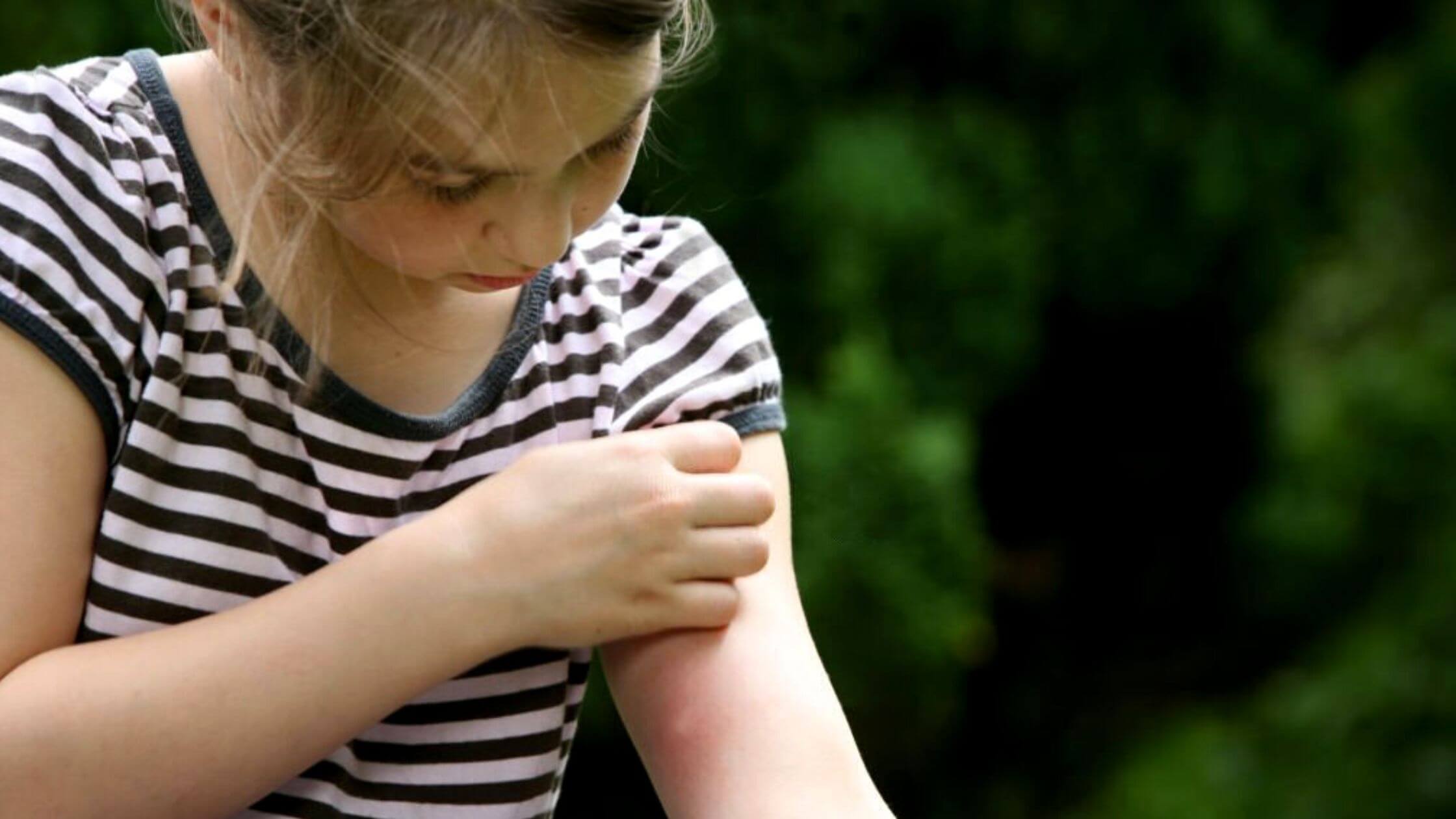
It’s the babies, popularly known as larvae that cause the harm. They will be red, orange, yellow, or straw-colored and will be hardly 0.3 millimeters long. Once they hatch from eggs, the larvae don’t fly and cannot travel for long distances on their own.
How Do Chigger Bites Happen?
Research shows that these mites generally attach when the skin is thin, wrinkled, or tender. One more commonly found case is where the clothing is tight. The chigger larvae will stick to your clothing and proceed further to your skin to feed. In turn, it releases a liquid chemical that kills your skin cells.
The dead skin cells lead to the formation of a tiny straw (stylostome) and this makes it easy for the chigger to drink your skin tissue. As a result, you may suffer from very severe itching for the first 24 to 48 hours and it finally wanes off in the next two weeks. When you scratch, chiggers will fall off your skin.
People generally suffer from chigger bites during the summer season when the temperature is warm to hot. Since people don’t report cases of chigger bites, the actual number of cases is not known.
Common Areas Affected By Chigger Bites
Chiggers generally bite on areas such as waistbands, sock lines, and bra lines where your skin folds or there is close contact between your skin and clothing. The other commonly affected areas of chigger bites include ankles, lower legs, groin, and behind your knees.
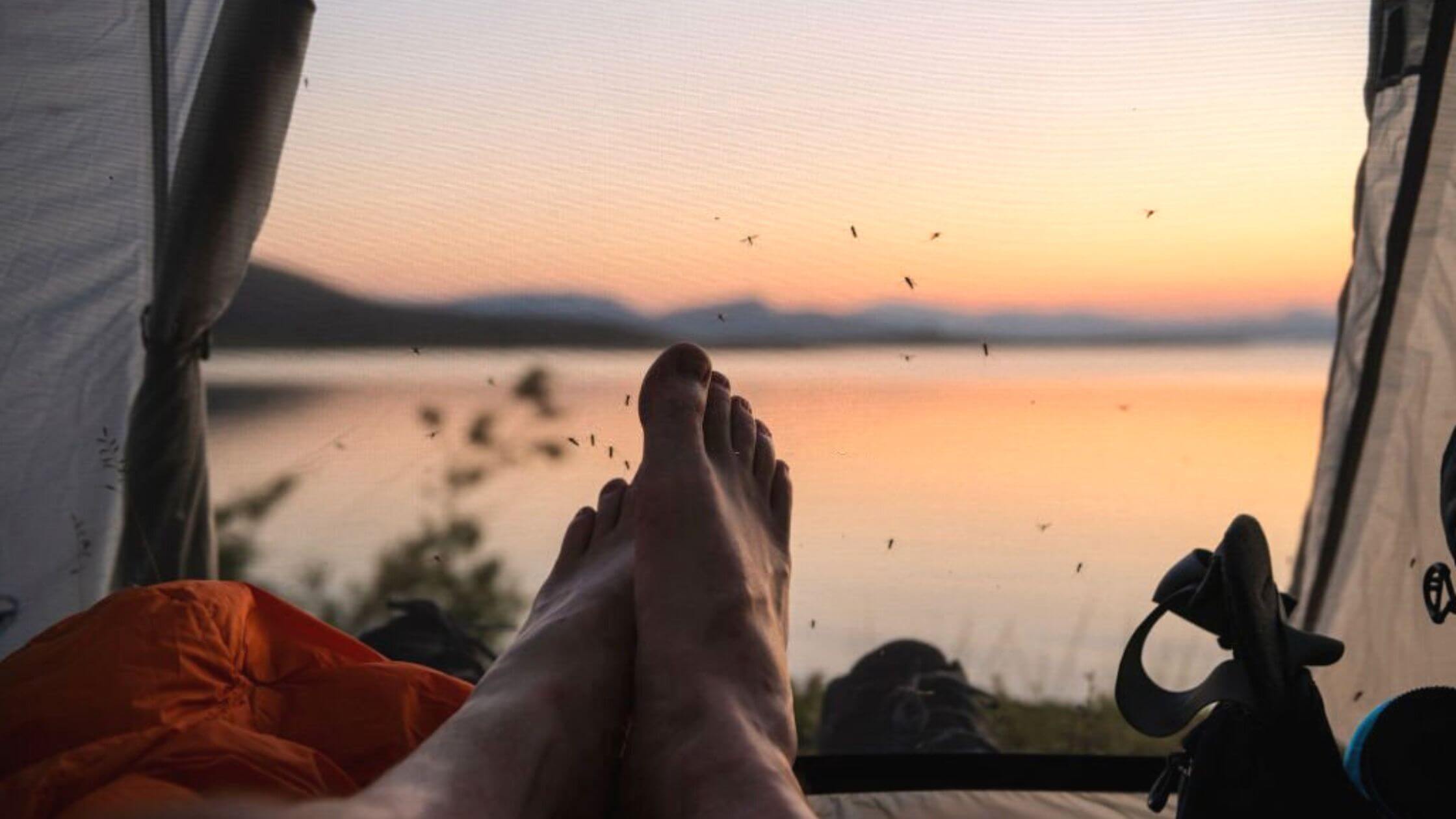
Symptoms Of Chigger Bites
Once a chigger bite happens, you may suffer from the following symptoms.
- Within 24 hours of the bite, you may notice reddish welts. It is generally followed by intense itching.
- These bumps look similar to blisters, hives, or pimples. Often, these welts appear in groups and their size will increase in the next 7 days.
- If you leave it untreated, the itching will persist for a week or even more.
How To Treat Chigger Bites?
If you are bitten by a chigger, there are a few tips that you will find quite handy.
1. Over-the-counter anti-itch medications – To stop yourself from scratching the bites, the anti-itch medications available in medical stores are quite effective. You don’t need a doctor’s prescription for buying these medicines. Hydrocortisone or calamine lotion are typical examples of such medications.
2. Ice – In case you don’t have access to immediate medication, then ice comes to your aid. Applying ice to the bitten area will relieve you from the temptation to scratch.
3. Bath or shower – Once you come to know that you are bitten by a chigger, take a bath or shower. An effective method to remove any chiggers that may remain on your body is to scrub with soap and water. It will help in preventing further chigger bites.
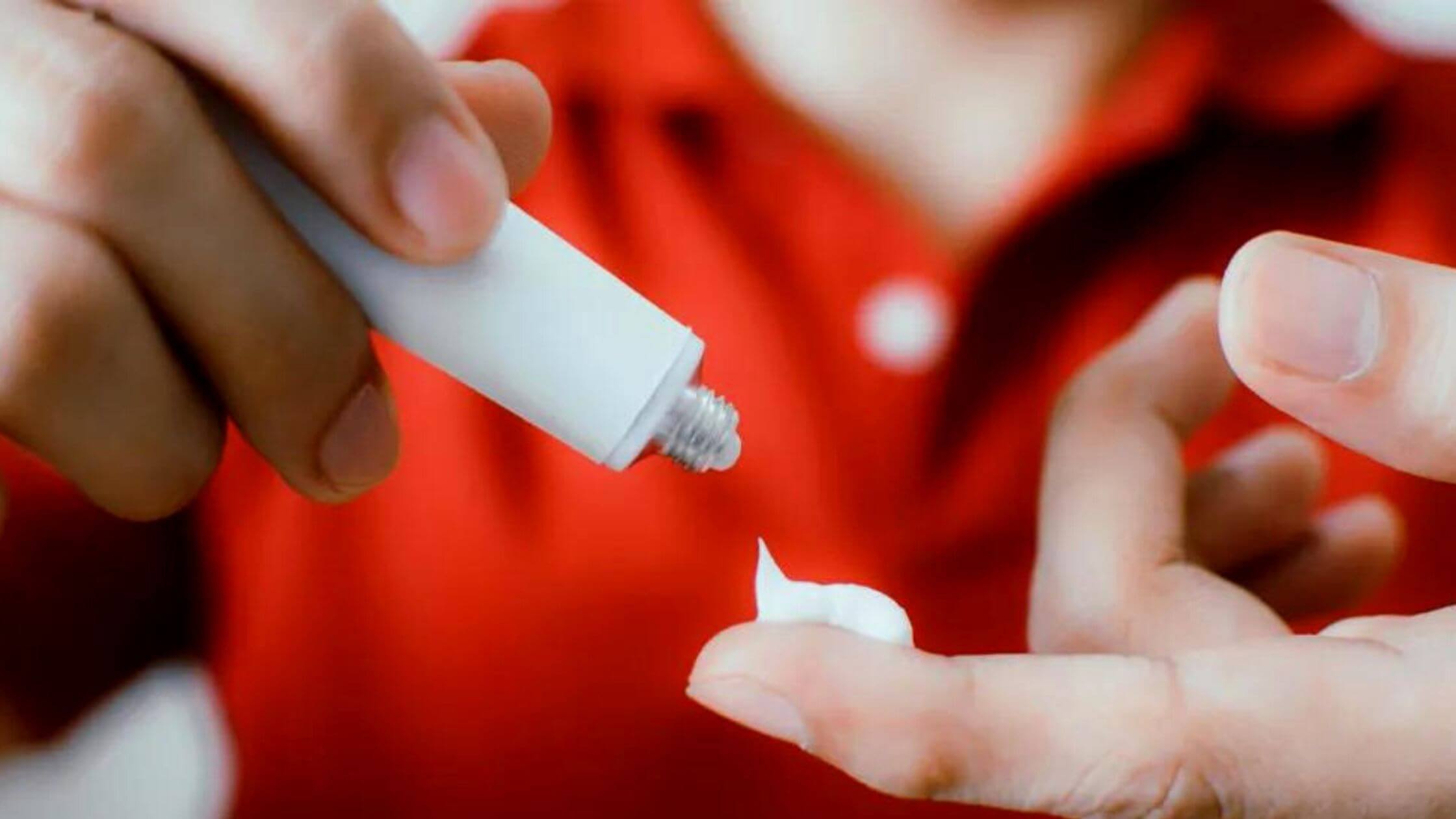
When To Consult A Doctor?
There are certain situations where self-medication does not work. Get in touch with your medical practitioner in the below instances.
- If itchiness leads to extreme discomfort.
- As a result of itching, the bites become open wounds.
- If even after two weeks, the irritation is still present.
- The area of the skin where the chigger bite happened swells or leaks pus (infected).
How To Prevent Chigger Bites?
Though you can find chiggers all across the United States, it is most commonly found in the warmer Southern and Midwestern states. Chiggers generally live in places such as long and overgrown grass in fields and gardens, berry patches, forests, grassy areas near lakes and rivers, below rocks, among weeds, and areas with high humidity, and where there are large numbers of rodents.

- The best way to avoid chigger bites is to stay away from walking in long grass, bushes, or other areas where there is the presence of chiggers.
- If you walk in contaminated areas, make sure to use bug sprays that contain DEET. Before going to such areas, spray the chemical on your skin as well as clothing. In no case, you should apply DEET to infants below 2 months of age. Also, never let children apply repellent on their bodies on their own.
- As per studies, permethrin is a good bug spray to apply on clothing. It not only kills chiggers but also gets rid of mosquitoes and ticks.
- While using permethrin, make sure that you treat your clothing 1 to 2 days before so that it dries before you wear it in the wild. Also, carefully read the instructions on the label of the pesticides before you apply them.
- Don’t forget to wear long boots before you step into areas where there is long grass. Also, make it a point to wear trousers and tuck their ends into your socks. Last but not the least, make sure that you wear a belt and a long-sleeved shirt. This offers protection against chiggers getting into direct contact with your skin.
- As soon as you come out of the infested area, remove your clothes and wash them with hot water. The next step is to have a hot shower or bath. While taking a bath, scrub your body with soap so that it kills all the germs.
How Do Chigger Bites Differ From Bed Bug Bites, Flea Bites, And Mosquito Bites?
There are different types of bugs such as chiggers, mosquitoes, bed bugs, and fleas that can bite you and cause problems to your skin.
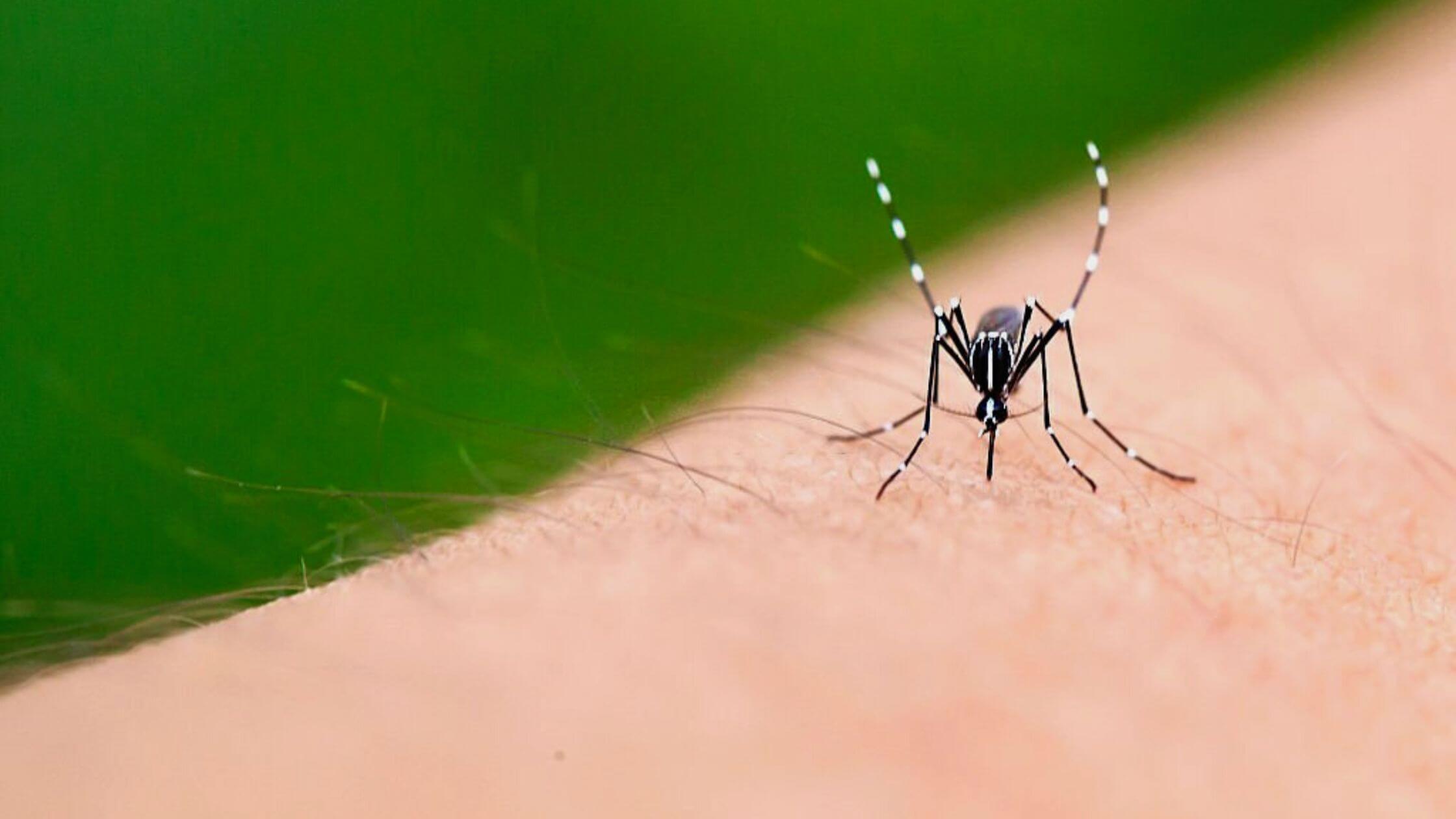
- Chigger Bites – Once you are bitten by a chigger, you can notice the bites in a line around the seams of tight-fitting clothing. These bites will appear as red spots or pimples and you might find them very itchy.
- Bed Bug Bites – Bed bugs normally bite on those areas of the human body that are in close contact with the bed. Thus, the areas prone to bed bug attacks are your arms, legs, face, and back. Post the bite by bed bugs, there will be a series of red bumps on your skin. Later, you will feel a burning or painful sensation. Itchiness is another symptom of bed bug bites.
- Flea Bites – Once you go through a flea bite, it appears in a zig-zag pattern on your skin. The areas where they attack mainly include your legs and waist. The visible signs include small red dots that are itchy and sore.
- Mosquito Bites – When a mosquito bites, it will pierce your skin and a red bump develops that is itchy. The main areas of attack include exposed skin parts such as your arms and legs.
- Ticks – Often found among plants and brush, ticks can bite people. Though tick bites are considered to be relatively less harmful to humans, they can be carriers of diseases such as Lyme disease and Rocky Mountain spotted fever.
- Scabies – These mites can penetrate your skin and cause severe itching. There are chances of scabies spreading when you come in close contact with a person infected by these mites.
- Fire Ants – Fire ants are mostly found in the Southern US and have a stinger and a painful bite. You may experience severe itching also and the fire ant stings may further develop into pus-filled blisters.
Conclusion
Hope you had a good read on how to identify, treat and prevent chigger bites. To avoid a chigger bite, the best approach would be to distance yourself from areas that are prone to a chigger attack.
However, it might not always be useful. Suppose you have gone through a chigger bite, first try out the home remedies mentioned above. If none of them seems to be working, it is recommended to consult a doctor at the earliest.
